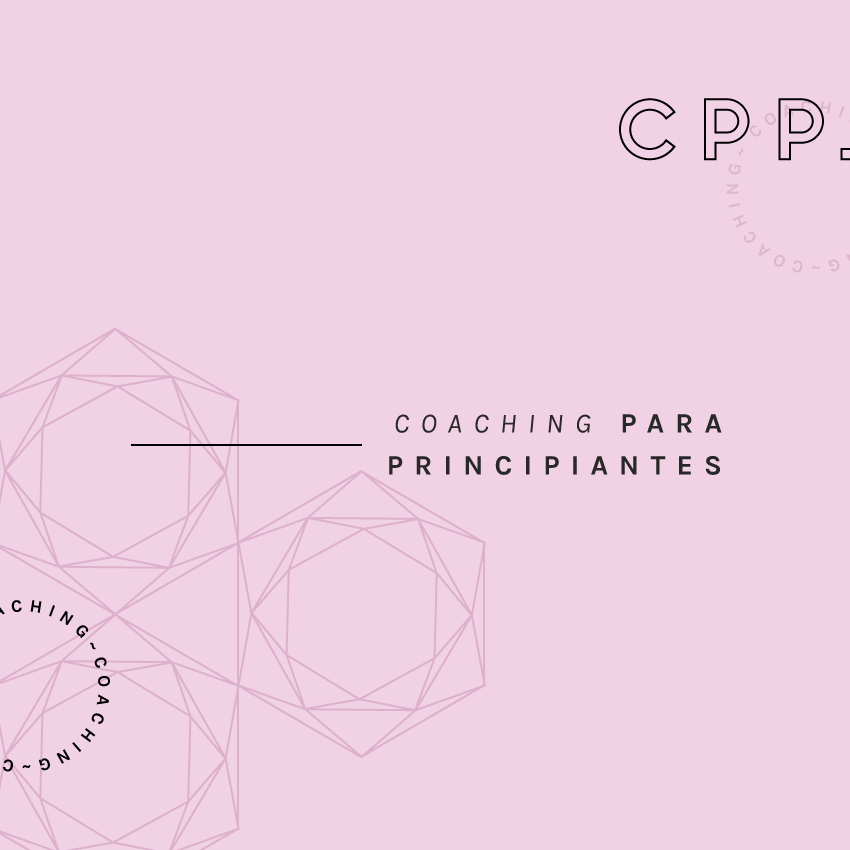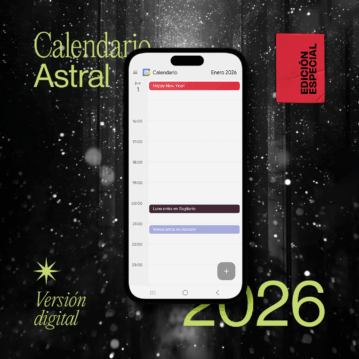
Coaching para principiantes: ¿Qué hacer antes de un viaje?
¿Te gustó este contenido? Haz clic en me gusta y consulta de nuevo, cuando quieras, en la sección de Mis Favoritos
La logística y los documentos son las primeras cosas en las que pensamos cuando planificamos un viaje: visas, aviones, hoteles, a dónde ir. No se preocupen, yo también lo hago, pero para profundizar realmente he agregado otra capa de investigación a mis viajes. Una de mis metas es: moverme, verme y actuar como un local; no solo mezclarme con las personas sino comprender cómo viven y disfrutar la ciudad.
Hay riesgos que tomamos al viajar sin conocer las costumbres de nuestro destino. Podemos insultar una cultura al ser muy ruidosos, no quitarnos los zapatos o, incluso, usar el color equivocado. Me he dado cuenta de que hay muchos beneficios en conocer esos detalles en cuanto a seguridad, presupuesto y hasta en cómo te tratan las personas que conoces. Por ejemplo: en Dubai puedes ir preso por consumir alcohol, o por tener un vestuario inapropiado.
Lo que investigo antes de un viaje
Scroll down to read the original version of this article in english.
Costumbres y etiqueta
Cada país tiene su set de reglas “no dichas” que le dan orden y razón a sus interacciones sociales. Recuerden que saludar, el espacio personal, el contacto visual o físico, el volumen de la voz al hablar, cómo pagamos una cuenta y otras interacciones diarias varían entre culturas. Miren las guía para cubrir lo básico y evitar situaciones incómodas. Por ejemplo: me ha pasado que por no saber, he insultado a alguien al usar un vocabulario informal. Los franceses son muy cuidadosos con los pronombres.
Moneda
Cada país tiene un cono monetario, máquinas de retiro de efectivo y métodos de pago distintos. Antes de un viaje, debemos investigar cuál es la moneda y su tasa de conversión, no confiar únicamente en aplicaciones. Debemos saber cuáles bancos tienen una relación con nuestro banco para obtener la mejor tarifa al retirar efectivo. También es necesario saber si en la ciudad aceptan tarjetas de crédito, débito o ambas. Lleven la tarjeta de débito para los cajeros que no aceptan tarjetas de crédito, y dos tarjetas de crédito en caso de que se pierda una. Por ejemplo: Berlín es una ciudad que se maneja con efectivo, pero en Suecia prefieren tarjetas de crédito, me sorprendió ver carteles que señalaban que no se aceptaban otros métodos de pago; había asumido que en estas metrópolis aceptarían todos.
Comida
Los alimentos son una necesidad que puede afectar el equipaje y hasta la agenda del viaje. Muchas personas tienen restricciones al comer, un paladar desarrollado o una lista de platos locales que probar. Para mantener el mismo régimen que se tiene en casa, tendrán que hacer ajustes o una investigación previa. También, recuerden mantener ciertas normas de seguridad: la contaminación de agua y comida puede tener consecuencias serias que pueden terminar en una visita al hospital. En Praga, mi compañera de viaje tenía una lista de platos típicos que estaba determinada a probar. En India, pasé dos días deseando comer vegetales, cuando todos sus platos están hechos en mayoría de cremas y pan.
Vocabulario
Sin importar el destino, aprender algunas frases en el lenguaje local siempre será de ayuda, por ejemplo: saludos básicos, inicios de conversación, direcciones, comida, preguntar dónde está el baño y vocabulario sobre dinero. Si no tienen tiempo de aprender, descarguen una aplicación de vocabulario o de traducción. En un viaje de dos semanas visité cinco países con cinco lenguajes muy diferentes, había aprendido frases, pero al llegar ya al tercer país dependía de la aplicación de Google Translate porque estaba mezclando los lenguajes.
Vestuario
El vestuario es el resultado de la moda, cultura, clima actividades, religión y leyes; es producto de las personas y donde están localizadas, es inteligente entender por qué los locales usan ciertas cosas. Para mezclarme, he analizado lo que me identifica como latina y lo he comparado con otras culturas. He reconocido a personas de mi país en lugares tan lejanos como Estonia. No estoy diciendo que deben convertirse en espías y dominar todas las tendencias locales, pero sí deben estar conscientes de las razones que llevan a esas elecciones y luego decidir qué empacar. En Dubai utilicé pantalones debajo de mis vestidos debido a sus leyes y religión. Para New York llevé zapatos cómodos y cerrados porque iba a caminar mucho y la ciudad es muy sucia.
Historia
Usualmente tenemos una larga lista de lugares que ver, pero fallamos al comprender su importancia. Me he dado cuenta de que entender el pasado de una ciudad, a nivel local y global, le da a mi viaje más significado. Miren documentales, películas, lean libros o escuchen algún podcast que se enfoque en temas relacionados. Cuando visité Washington no sentí una conexión, pero sí la sentí al visitar el muro de Berlín por haber visto muchas películas sobre el tema.
Este fue un repaso rápido de lo que me gusta saber antes de mis viajes; esto varía según cuán familiar seamos con el destino a visitar y el tiempo que tengamos disponible. Espero les sea de ayuda y les inspire a investigar un poco.
Colaboradora: Andrea Tagliaferro. Bloggera de viajes y creadora de www.theclevertraveler.net
What to do before a trip
Logistics and documents are the first things that come to mind when planning a vacation: visas, planes, hotels, where to go. Don’t worry I do that as well ;). But, to really go deep and immerse myself I added another layer of research to my trips. One of my goals is to: move, look and act like a local, not only to blend in but to understand how people live and enjoy the city.
There are risks we take when we travel unaware of the customs of our destination, we can insult cultures by being loud, not taking off our shoes or even wearing a certain color. I have found there to be many benefits that have affect over my security, budget and the attitude of the people I encounter.
Ex. In Dubai you can go to jail for alcohol intake or inappropriate attire.
What I investigate before a trip
Customs & etiquettes + Money + Food + Fashion + Vocabulary + History + Music
Customs & etiquette
Each country has its own set of unsaid rules that give order and reason to their social interactions. Remember that saying hello, your personal space, eye and physical contact, your speaking volume, paying a bill and other daily interactions can vary heavily between cultures. Look into guidelines to cover your bases and avoid any uncomfortable scenarios.
Ex. I have found myself unaware that I had insulated someone by using informal vocabulary. The French are very particular with their pronouns.
Money
Countries have different currency, cash withdrawal machines and paying methods. Before your trip investigate the currency and its conversion rate, don’t rely on apps. Find out what local banks have a relationship with your bank to get the best rate when getting cash. Investigate if the city accepts credit card, cash or both. Pack your debit card for withdrawals and for machines that don’t take credit cards and take 2 credit cards in case you lose 1.
Ex. Berlin is a cash driven city, and Sweden prefers credit cards, I was shocked to find signs that excluded either. I assumed these metropolises would accept both.
Food
Food is a necessity that can change what you pack and even your travel agenda. Many have food restrictions, narrow palettes or lists of local dishes to try. To keep your home regimen, you might have to adjust or do previous research. Also remember to be safe, water and food contamination have serious consequences and can lead to a hospital visit.
Ex: In Prague my travel partner had a list of dishes she was determined to try. And in India after 2 days I was craving vegetables as their dishes are mainly made of creams and bread.
Vocabulary
No matter where you travel, learning a few phrases in the local language can come in very handy every time: basic greetings, conversation starters, directions, food, bathroom questions, and money vocabulary. If you don’t have the time to learn, download vocabulary and/or translating apps.
Ex. during a 2-week trip I jumped countries 5 times, with 5 different languages. I had learned phrases, but by the third country I was dependent on the google translate app as I kept mixing up the languages.
Fashion
Fashion is a result of trends, culture, climate, activities, religion, laws… As it is a product of people and location its only clever to understand why the locals wear certain things. To blend in, I analyzed what identified me as a Latina, and compared it to other cultures. I have identified people from my same country all the way in Estonia. I am not saying you must become a spy and master local trends, but be aware of the reasons for their choices, then decide what to pack.
Ex: in Dubai I wore pants under my dresses because of their laws and religion, in NYC comfortable and closed shoes because I would be walking, and the city is very dirty.
History
We often find ourselves with a list of places to see but fail to grasp their importance. I have found that learning the past of a city, on a local and global scale give my trip more meaning. Make use of: documentaries, movies, books and even podcasts that address specific subjects.
Ex. I visited Washington D.C and didn’t feel a connection, but I did at the Berlin wall because I watched many movies on the subject.
These was a quick overview of what I like to know before my trips, it changes based on my familiarity of the destination and my available time. I hope this helps and inspires you to do a little research






